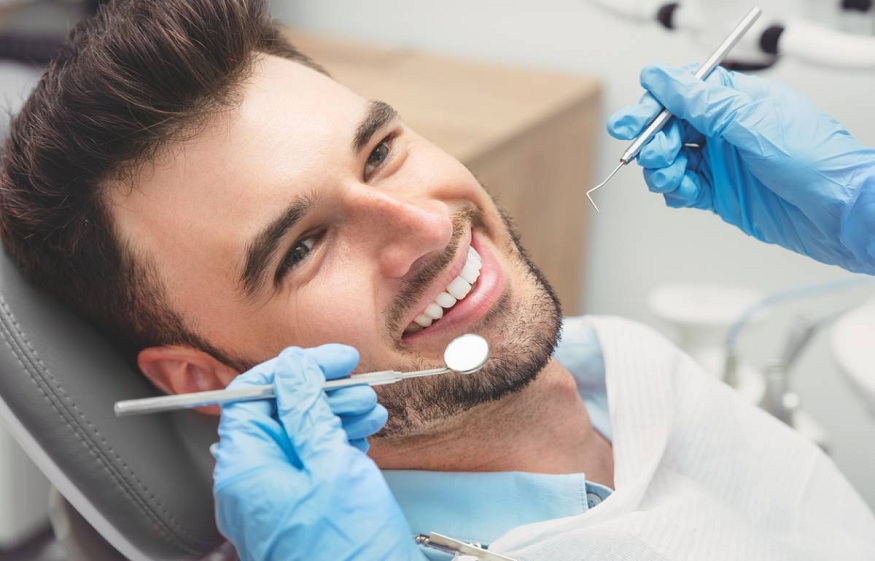Introduction
According to Iqaluit Dental Clinic, about 8-10% of the population suffer from a condition known as bruxism where they grind their teeth unconsciously during sleep or while awake. Interestingly, it has been observed that many people have started to suffer from teeth and jaw pain due to jaw clenching and teeth grinding ever since the COVID-19 pandemic.
The Details
Here are a few more details that you should know about bruxism and why it has increased since COVID-19:
1. Why did bruxism increase since COVID-19 –
Two of the primary causes of bruxism and jaw clenching in adults are excessive stress and anxiety. It can manifest while you are sleeping at night or during the waking hours when you grind your teeth as an unconscious habit.
It is still not known why exactly stress and anxiety can cause bruxism and the research is still ongoing. However, it is clear that the COVID-19 pandemic has painted terror in the hearts of millions of people all over the world.
The feeling of impending doom, social isolation, threats of illness, and economic concerns has forced people to become more stressed and anxious ever since the pandemic and this has resulted in an increase in bruxism.
2. How to know you have bruxism –
People who suffer from sleep bruxism often experience stiff pain around the neck and sore jaw after waking up in the morning. The pain can almost mimic an earache or headache. It can also cause TMJ syndrome, facial pain, and teeth to become sensitive, loose, and broken.
Aside from stress and anxiety, bruxism can also be caused due to growing teeth, misaligned teeth, sleep apnea, mental health conditions, medications, neurological conditions, and the consumption of alcohol, cigarettes, and caffeine.
3. Treatment options for bruxism –
Bruxism caused due to excessive stress and anxiety can be treated by practising stress reduction techniques. These include meditation, talk therapy, yoga, and even exercise. Such practices can help you to ease your mind and deal with stressful situations in a healthier manner.
The best way to treat sleep bruxism is to use custom-made mouthguards and splints that would help to protect your teeth from damage when you are grinding your teeth during sleep. If your issue is caused due to misaligned, crowded, or crooked teeth, it is a better idea to undergo reductive coronoplasty or additive coronoplasty to reshape or level the biting surface of the teeth.
Alternatively, you can undergo botox treatments which would help to reduce pain and lower the frequency of teeth grinding if your teeth have no misalignment issues. This will not treat bruxism but will certainly help to lessen the teeth grinding and headaches.
Conclusion
Iqaluit Dental Clinic suggests you consult a dentist if you suffer from jaw pain, dull headache in the morning, facial pain, and other symptoms of bruxism. A dentist would be able to diagnose whether you suffer from bruxism or any other condition and provide you with the correct treatment option depending on your requirements.

